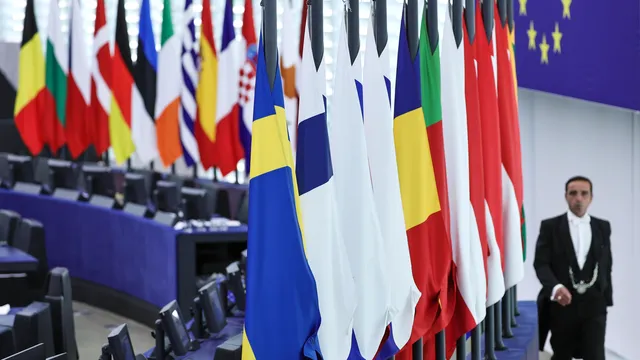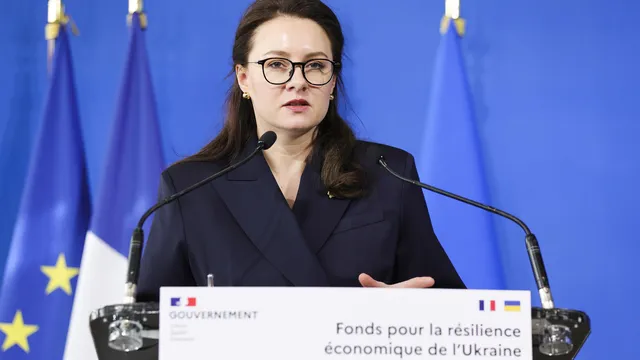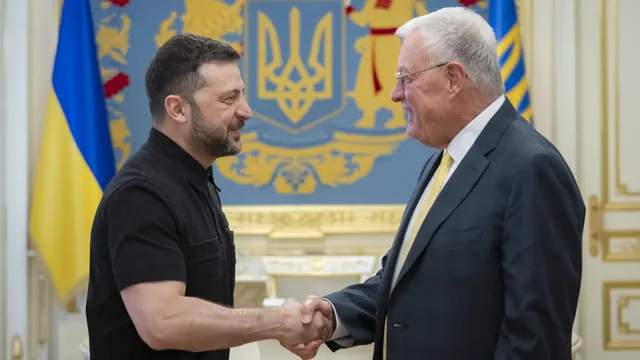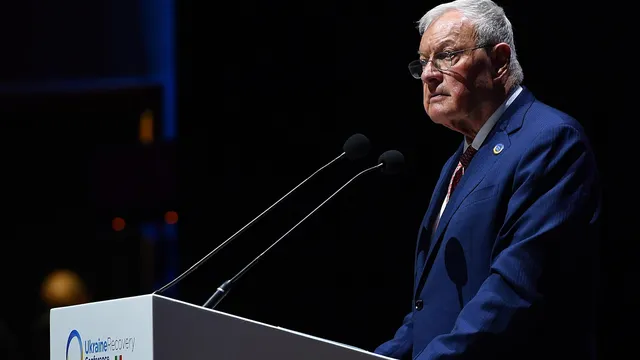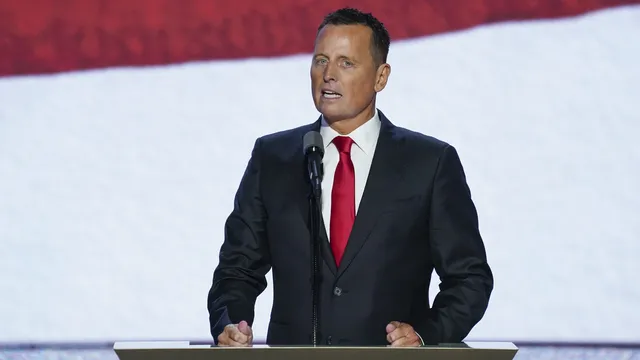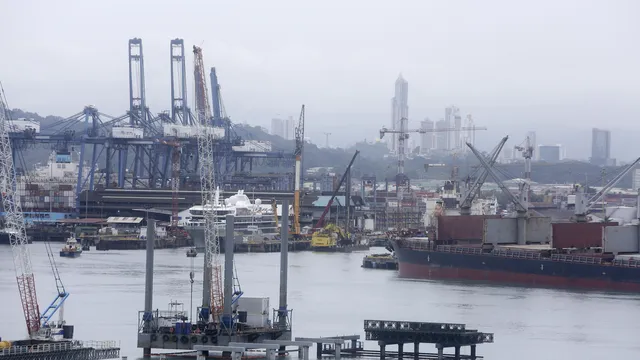The European Union has expressed serious concern over the growing pressure on journalists in Serbia and called on authorities for an immediate response to the attacks and threats they are facing, said European Commission spokesperson Guillaume Mercier on Monday, July 14, as reported by RFE/RL.
In response to a question from television station N1 regarding the escalation of threats against its journalists, Mercier stated at a press conference in Brussels that media freedom is “a key element in Serbia’s EU accession process,” according to the Beta news agency.
“We are concerned about the increasing pressure and attacks that journalists are subjected to in the context of student and civil protests in Serbia. We expect the competent authorities to respond immediately to these and all other cases of attacks, to ensure effective legal proceedings, and to hold the perpetrators accountable,” he said.
Spokesperson for the President of the European Commission Paola Pinho said that Mercier’s statement represents “a clear call for media freedom in Serbia.”
Mercier confirmed that the EC had received a letter from the Belgrade editorial office of N1, addressed to the highest European institutions and officials. The letter warns of a serious and coordinated campaign of pressure and threats against the television's journalists, as well as a lack of response from the relevant institutions.
In the letter, N1 notes that the attacks escalated following coverage of civil protests, and that Serbian President Aleksandar Vučić and pro-Kremlin media are leading the targeted campaign against the station’s editorial team, including labeling N1 as a “terrorist media outlet.”
Representatives of the Serbian government, led by Vučić, have for years been labeling media outlets that operate under the United Media company — which includes N1 — in negative terms.
Vučić accuses N1 of spreading lies and conducting a campaign against him and his family.
Government officials have described N1 as a “CIA-run American television station,” an “anti-Serbian media outlet,” and a “media of oligarchs.”
According to the World Press Freedom Index by Reporters Without Borders, Serbia ranks 96th out of 180 countries.
This is two positions better than in 2024, but only due to a drop in ranking by other countries, while Serbia itself has seen a deterioration in media freedom.
The decline in media freedom in Serbia is attributed, among other things, to efforts by the ruling party to suppress independent journalism through political attacks and abuse of legal actions against media outlets (so-called SLAPPs). | BGNES

 Breaking news
Breaking news
 Europe
Europe
 Bulgaria
Bulgaria
